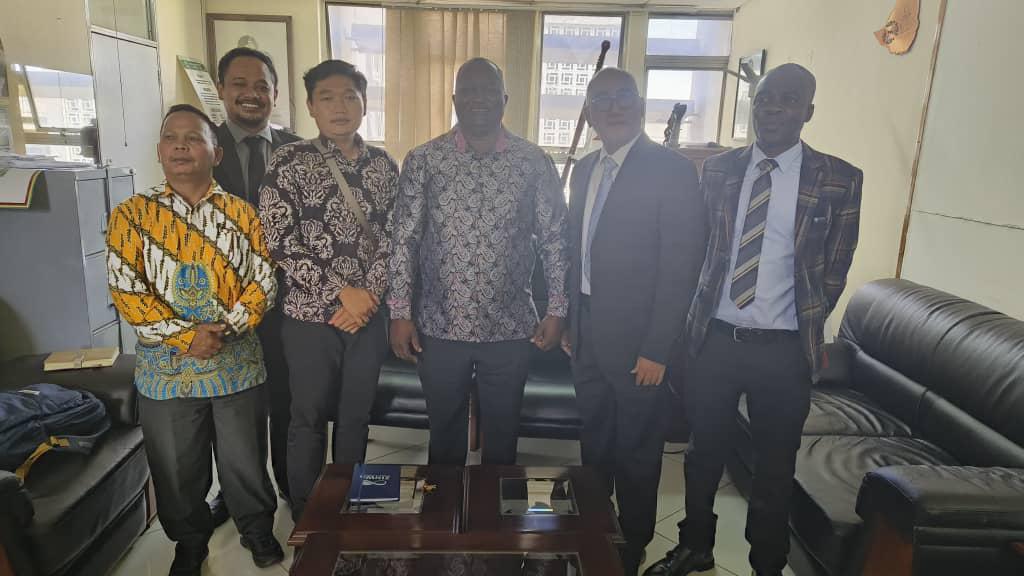Deputy Minister Vangelis Haritatos
By Julius Manganda
The Government of Zimbabwe has urged governments, non-governmental organizations, local communities and other private sector players to work together to protect and promote biodiversity, a key component of food and agriculture.
Regional delegates from Eastern and Southern African region gathered in Harare, Zimbabwe for a 3 day workshop organised by FAO and International Federation of Beekeepers’ Association (Apimondia) where a number of pertinent issues in biodiversity, food and agriculture are on the agenda.
Running under the theme, “Taking Action on Biodiversity For Food And Agriculture, the workshop seeks to address the loss of biodiversity which has become a critical issue that affects not only the present, but the future of food and agriculture in Africa.
Speaking at the official opening of the workshop in Harare, Zimbabwe’s Deputy Minister of Lands, Agriculture, Fisheries, Water and Rural development, Honourable Vangelis Haritatos called players to take a collaborative approach towards the protection and restoration of biodiversity.
“We must recognize the importance of collaborative efforts. It is imperative that governments, non-governmental organizations, local communities, and the private sector work together to protect and promote biodiversity,” he said.
“Through partnerships and shared knowledge, we can develop and implement effective strategies for biodiversity conservation and sustainable agriculture.
“I am pleased to see that academia and the private sector are also responding to the need for sustainable agriculture. Many universities and colleges are offering diplomas and degrees that promote greener agricultural practices, and the private sector is developing organic- based fertilizers and pesticides,” he added.
Hon Haritatos also said emulating Africa’s success stories was a catalyst for the change that we want to see as a continent and going forward there was pressing need to ensure full integration of biodiversity conservation into food and agriculture strategies.
“There are inspiring success stories across Africa that demonstrate the positive impact of biodiversity conservation on food and agriculture. By celebrating and learning from these examples, we can inspire positive change and encourage others to follow suit.
“As we move forward, let us also consider policy recommendations and practical steps to integrate biodiversity conservation into agricultural and food security strategies. By doing so, we can ensure that the preservation of biodiversity is at the core of our efforts to build resilient and sustainable food systems across Africa, he added.
Added Hon Haritatos, “Sustainable agriculture not only safeguards biodiversity but also enhances the resilience of agricultural systems, improves soil health, and ensures the availability of diverse and nutritious food sources.”
The deputy minister also took the opportunity to share with the delegates some of the strategies bring implemented by the Zimbabwe government.
He said Zimbabwe was developing policies that align with the conservation and sustainable use of agricultural biodiversity, including the agro-ecology promotion policy, the agrobiodiversity policy, the animal genetic resources strategy, and the action plan.
“We adopted the National Strategy on Plant Genetic Resources for Food and Agriculture in 2022, and several programs are ongoing to implement the strategy. We are also reviewing the National Agricultural Investment Plan (NAIP II) by mainstreaming sustainability and biodiversity conservation.
“In the spirit of the Whole of Government and Whole of Society approach, we continue to work with the environment and climate sector to review and align the National Biodiversity Strategy and Action plans with the recently adopted Global Biodiversity Framework at the Convention of Biological Diversity Conference of party meeting held in Montreal, Canada in 2022, to which I personally attended,” he added.


